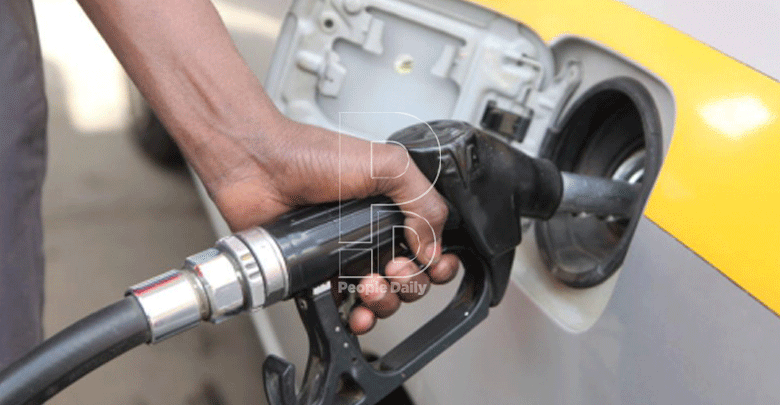Shilling to weaken on oil price hike

The shilling is expected to depreciate by a 2.4 per cent margin this year mainly on increased oil imports bill and subdued diaspora remittances, a report by Cytonn Investment Market Outlook indicates.
The firm’s outlook report for 2020 shows the shilling will largely remain stable within a range of Sh101 to Sh104 against the dollar until the end of the year.
“The tax amnesty had seen cumulative diaspora remittances increase by five per cent in the 12 months to November last year to $2.8 billion (Sh284.4 billion), from $2.7 billion (Sh274.2 billion) which is slower than the 40.8 per cent growth recorded previously,” said Cytonn analyst David Gitau.
Import bill
Gitau said the shilling will come under pressure from increased oil imports bill due to the rising cost of fuel, subdued diaspora remittances growth following the close of the 10 per cent tax amnesty window in July last year and a decline in the country’s forex reserves.
“Remittances were on a decline in July and August at 24 per cent and 4.5 per cent, respectively.
This has been attributable to the expiry of a tax amnesty as any money repatriated into the country from July 1, 2019 attracts a 10 per cent tax,” he said.
Gitau said with the close of the tax amnesty “we do not expect sustained growth in diaspora remittances going forward.”
According to the report released yesterday, the shilling was stable last year partly due to the 10 per cent tax amnesty window declared by National Treasury Cabinet Secretary – which expired in July last year.
Cytonn chief operating officer Shiv Arora said the government is expected to pay Sh119 billion every month as part of its repayment of the loan it borrowed to build the Standard Gauge Railways.
He also said that due to the removal of the interest rates cap, the government may not be able to get funds through domestic borrowing unless the yield curve is adjusted.
“The government had budgeted to pay Sh139 billion in foreign interest in the 2019/20 financial year, coupled with the repayment of the principal loan extended to Kenya for the first phase of the mega railway project which will kick off this year.
This will see loan repayments to China’s Exim Bank jump by 130 per cent to Sh71.4 billion in the current financial year,” said Arora.











